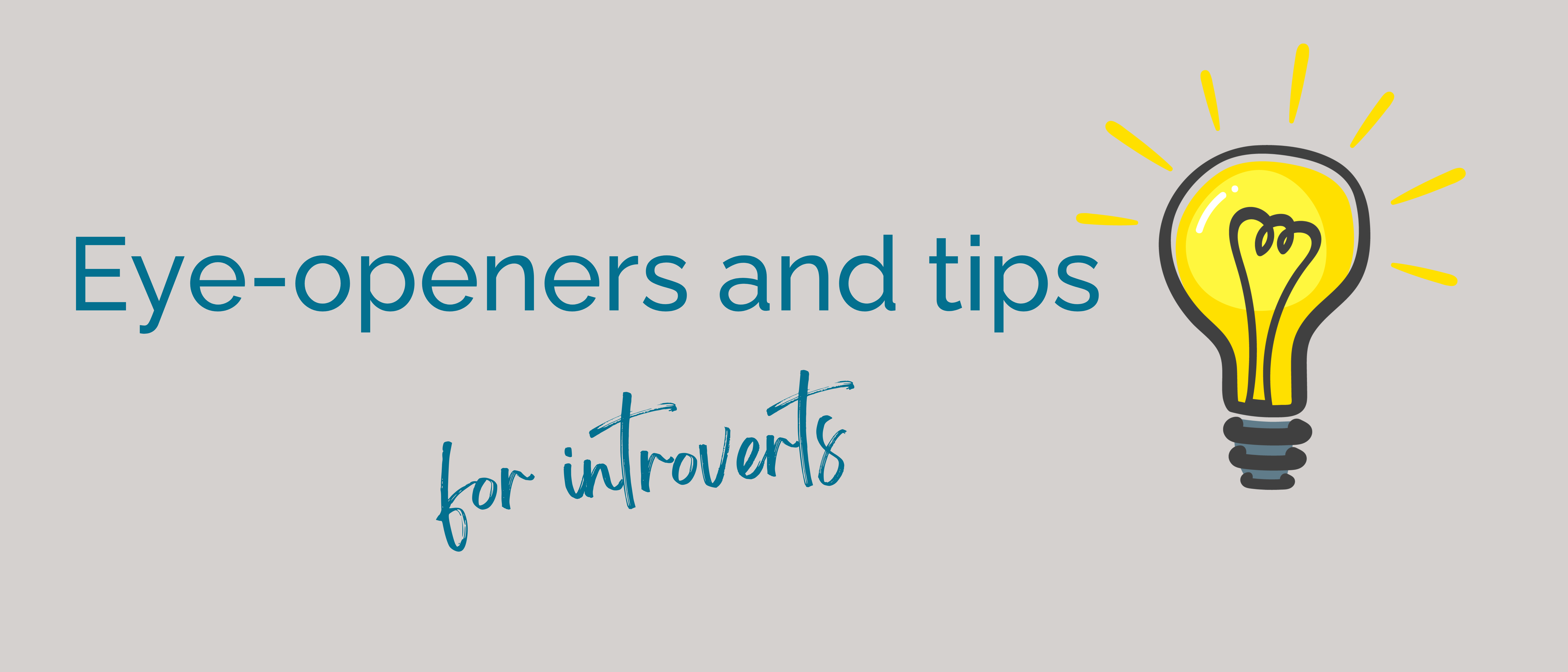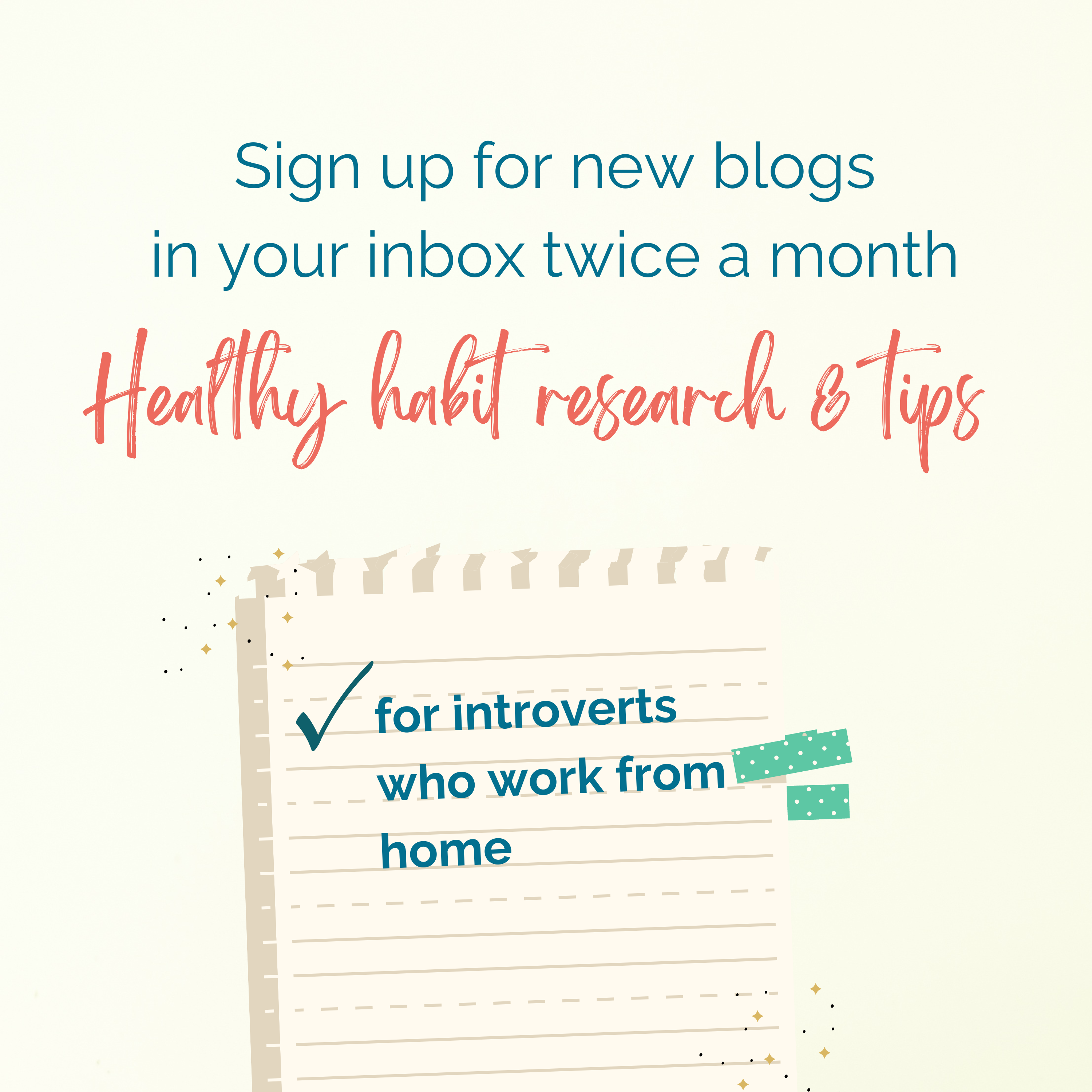-
Why is sleep so important?
-
Why a lot of introverts struggle with sleep
-
Here are 5 things that helped me to get better sleep without sleeping more.
-
1. Simply focusing less on sleeping more
-
2. Training myself to fall asleep quickly
-
3. Keeping a regular sleep schedule
-
4. Paying attention to what I do during the day
-
5. Intermittent fasting
-
-
Although these ideas are simple, they're not always easy to implement
-
Read more
-
About the author
-
References
Better sleep: how I finally started sleeping better without sleeping more

We all know that sleep is important. If you don’t get enough sleep, it impairs your mental ability, your ability to learn and remember things, it affects your mood and your body’s metabolism and immune system.
About half of the clients I work with have questions about sleep.
I’ve had my share of sleep issues too. When I was in my teens and early 20s, I struggled with depression. Back then, sleep was an escape for me and I easily slept between 9 and 12 hours a day.
A few years later, the reverse happened: I started sleeping only 3-4 hours a day due to stress and that was one of the reasons I burned out when I was 27. My ability to focus and my energy levels plummeted and it took me years to build them back up.
When I had my first child, sleep became a whole new chapter and it was a challenge to get enough sleep with interrupted nights and nightly feedings.
I’ve tried a lot of sleep tips to try to get my sleep back under control and to sleep better.
A lot of introverts think that if they could only sleep more, they would stop feeling so tired all the time, but sleeping more is only one piece of the puzzle. If you want to get better sleep, there are a few other things to think about.
Today, I’ll share 5 things that I’ve learned about sleep that have helped me to sleep better and to feel more energized during the day without actually sleeping more hours. Number 4 might surprise you!
Highlights
Full Summary
Why is sleep so important?
We usually think of sleep as an ‘off’ state. A passive state when the body is just resting. But it’s important to realize that sleep is actually a very active state for your body. While you’re sleeping there are a lot of processes going on that your body needs to stay healthy. Some of these processes happen ONLY when you sleep.
Here are a few examples:
Slow brain waves are associated with deep sleep and plays a role in growth, memory and immune function 📖1. As far as I know, slow brain waves are observed in healthy people during sleep and meditation.
Clearing away toxins like Amyloid Beta. Amyloid Beta is a naturally but it’s been linked to Alzheimer’s disease when the Amyloid Beta forms plaques in the brain and can no longer be cleared 📖2.
Sleep isn’t just one state either. While you sleep, you go through different stages of light and deep sleep. We go through 4-6 of these sleep cycles each night 📖3. The quality of your sleep and how well you go through the sleep cycle is an important factor for better sleep.
It’s not just about the amount of sleep that you’re getting but also the quality of sleep that affects how well your body recovers and how well-rested you feel the next day.
Why a lot of introverts struggle with sleep
Some of the introverts I’ve coached, felt like they never got enough sleep. They always felt tired during the day no matter how long they slept.
One of the reasons why this happens is because introverts have different energy needs than extroverts. While extroverts get most of their energy from interacting with other people, introverts get most of their energy from doing things by themselves.
If an introvert doesn’t have enough time to themselves during the day, sometimes they’ll try to find that time at night and they’ll give up sleep to do that. Other times, they’ll try to sleep but they struggle to fall asleep or they wake up in the night with lots of racing thoughts keeping them awake.
A lot of introverts think that if they could only sleep more, they would stop feeling so tired all the time, but sleeping more is only one piece of the puzzle. If you want to get better sleep, there are a few other things to think about.
Here are 5 things that helped me to get better sleep without sleeping more.
Number 1: Simply focusing less on sleeping more
I love being with people but, as an introvert, being around other people all day can make me feel really tired. I also get overstimulated by things like traffic noises or being in busy areas for a long time. In the past, I didn’t understand then how to manage my energy, so I just tried to sleep off the tiredness.
The Center for disease control (CDC) in the US recommends 7-9 hours of sleep per night for adults. Children sleep more and you sleep less as you get older 📖4.
Still, some people sleep 9+ hours (like I used to) and still feel tired while others jump out of bed after 7 hours refreshed (yes, also introverts).
What's the deal?
If you’re an introvert and you don’t understand your energy needs yet, you may be exhausting yourself without realizing it. It can lead to introvert hangover 📖5 and ultimately burn out.
Number 2: Training myself to fall asleep quickly
Especially when I was going through burn out, it was hard for me to fall asleep. I would lie awake for hours and I would often wake up in the night with racing thoughts. I felt like there was no way to stop it. I thought that falling asleep was something I had no control over. I could get myself to bed but what happened once I was there was up for grabs.
Until one day I read an article about navy seals who trained themselves to fall asleep really fast. They needed to rest whenever they could when they were on mission so learning how to falling asleep fast was really important. What stuck with me is that the seals would go to airports and they’d sit in the chairs of the open terminals to practice falling asleep. (If you’ve traveled, you know how uncomfortable those seats are!). After training, they could fall asleep in under 3 minutes.
It was incredibly eye opening to me because I realized that what I thought I had no control over was actually a skill that I could learn. I could learn to fall asleep fast!
When I became pregnant, I knew that I'd be getting very little sleep in the coming months anyway. I decided that if I could teach myself to fall asleep fast I could get as much sleep as possible in between nightly feeding and finishing off some writing projects that were still running (it was a crazy time and I learned a lot).
I started practicing... and it worked! After a few weeks of practice, I could fall asleep in under 3 minutes. One of the things I did was count down slowly from 180 while relaxing my body and I'd end up near 60 before falling asleep 📖6.
Number 3: Keeping a regular sleep schedule
You’ve probably heard this tip before: keep a regular sleep schedule. For me, it is one of the things that makes a difference in how well I sleep and how much energy I have the next day. I’m usually in bed by 10 pm and I’m up between 5 and 7 am with our son who’s almost 5 now.
I try to keep to that rhythm most of the time, also on weekends, but I don’t stress out about it. When my son was younger, it was a bit harder to keep a regular sleep schedule. Some days, I might be in bed later and that’s okay. At least once a week, my partner and I will watch a movie together or I might travel to another city to meet friends for dinner. On those days, it might be midnight or 1 am before I’m ready for bed.
I know that keeping to my regular sleep and wake times helps me to feel more energized but if it doesn’t happen or I’m particularly tired after a tough night, I just take it a bit easy and adjust my expectations for that day.
Number 4: Paying attention to what I do during the day
This one is a bit counterintuitive. When you look for tips on how to sleep better, you’ll usually see things like: going to bed at the same time each night, sleeping in a dark room, making your room cold, and leaving your phone in the other room.
But the thing that has made the biggest difference for me by far is paying attention to what I was doing during the day, especially to how I was taking mental breaks and what I was doing to feel inspired.
If you’re an introvert, you may need more mental breaks than you realize. Introverts are really good observers and they typically pay attention to a lot of details with things that happen around them. That’s natural and most introverts are really good at that. What we forget is that all that information needs to be processed. Introvert typically do that by self-reflection or by quiet time. Introverts usually process when they’re alone.
Taking mental breaks during the day can help you to process your thoughts and emotions around the things that happen.
And then there’s feeling inspired.
When I was younger, I always forced myself to do the ‘sensible’ thing. On days that I felt I really needed a break and everything in my body was screaming to go outside, I’d go the library instead to study...
Of course, there has to be a balance here. If we only do the things that feel good all the time, we might never get a chance to build a truly fulfilling life. But, on the long-run, forcing yourself to do things all the time negatively effects your energy levels, your creativity and your overall happiness.
These days, I intentionally seek out ways to be inspired and I encourage my coaching clients to do the same.
I’m fortunate that my work is very inspiring to me so I get a lot of inspiration that way. But there are always days when you’re not feeling it.
When that happens now, I listen. I’ll go for a bike ride after dropping my son off at school or I’ll take my laptop to a cafe to work instead of working from home.
On some days, I cancel all my work plans and take a spontaneous day off. Even as a business owner, I do that because I know that if I give myself a little rope today, I’ll be flying tomorrow.
Number 5: Intermittent fasting
A simple change that I made to my eating habit is intermittent fasting. For me, that means no more food after 7 pm. I can have tea or water but no food or sugary drinks.
In the past, we usually had dinner around 7. When I was studying, it would sometimes be 9 pm before I got home and had dinner. With our toddler, we try to have dinner together as often as we can and we’ll sit with him to eat around 5 pm.
I noticed that when I don't eat after 7 pm, I feel more energized and much sharper when I wake up in the morning. On days that I do eat or drink juice or something after 7, I felt sluggish and foggy brained the next morning, even after 8 hours of sleep.
It’s like I’m getting more out of my sleep. This does makes sense if you think about that your body is actively clearing out toxins during sleep. Meals after 7 pm for me means that my body has to work extra hard to digest the meal and that takes up resources from the other processes that are going on.
Again, I don’t beat myself up. I try to stick to the 7 pm rule on most nights but if I forget or if I have a snack at night, that’s okay. On date nights we’ll always have some chips or even some cake and that’s fine!
I used to stress about things A LOT. If I wasn’t putting in 100% effort than I was failing, at least that’s what my inner critic used to say...
Now that I understand the inner critic better, the role it has and how to calm the inner critic. It’s much less stressful.
It’s okay to enjoy life, you can still be successful and build a great life. Knowing how to calm down the inner critic has been a big part of this and that’s also something that I teach my clients.
Although these ideas are simple, they're not always easy to implement
It can be tricky to figure out what works for you to get quality sleep while still staying on top of your responsibilities. If you want help figuring this out, then I’d love to help.
I invite you to book a free exploration call to explore if my coaching program is right for you. You can access my calendar to book a call here.

Read more?
About the author
Mariella Franker, PhD is a former scientific writer and an introvert. She teaches introverts who work from home how to create healthy habits so that they have more energy & improve focus without habits that feel forced or only last 2 weeks.
She's a certified Natural Advantage® coach, associate coach at De Succesvolle Introvert, and founder at The Franker Message. She has been featured in places such as Cheeky Scientist, Quiet and Strong podcast, and MarieTV.
A first generation immigrant from South America, she now lives in the Netherlands with her husband and son. On most days, you'll find her working in her little office cabin or puttering around her home or garden.
Read more about sleep and energy management
Go to all blogs
References
📖1 Slow-wave sleep by Rob Newsom and Dr. Abhinav Singh on Sleepfoundation.org: https://www.sleepfoundation.org/stages-of-sleep/slow-wave-sleep
📖2 Deep Sleep Gives Your Brain a Deep Clean by Simon Makin on Scientific America: https://www.scientificamerican.com/article/deep-sleep-gives-your-brain-a-deep-clean1/
📖3 Book chapter: Stages of Sleep from Neuroscience. 2nd edition, Purves D et al, Sinauer Associates; 2001: https://www.ncbi.nlm.nih.gov/books/NBK10996/
📖4 How Much Sleep Do I Need? on Center of Disease Control and Prevention: https://www.cdc.gov/sleep/about_sleep/how_much_sleep.html
📖5 Everything you need to know about the Introvert Hangover by Mariella Franker, PhD on The Franker Message: https://www.thefrankermessage.com/blog/everything-you-need-to-know-introvert-hangover
📖6 Want to Fall Asleep Faster? Military Pilots Use This Hack to Sleep Anywhere in 2 Minutes or Less by Melanie Curtin on Inc.com (This is not the original article that I read but it has similar information: https://www.inc.com/melanie-curtin/want-to-fall-asleep-faster-combat-pilots-use-this-hack-to-get-to-sleep-in-2-minutes-or-less.html.

